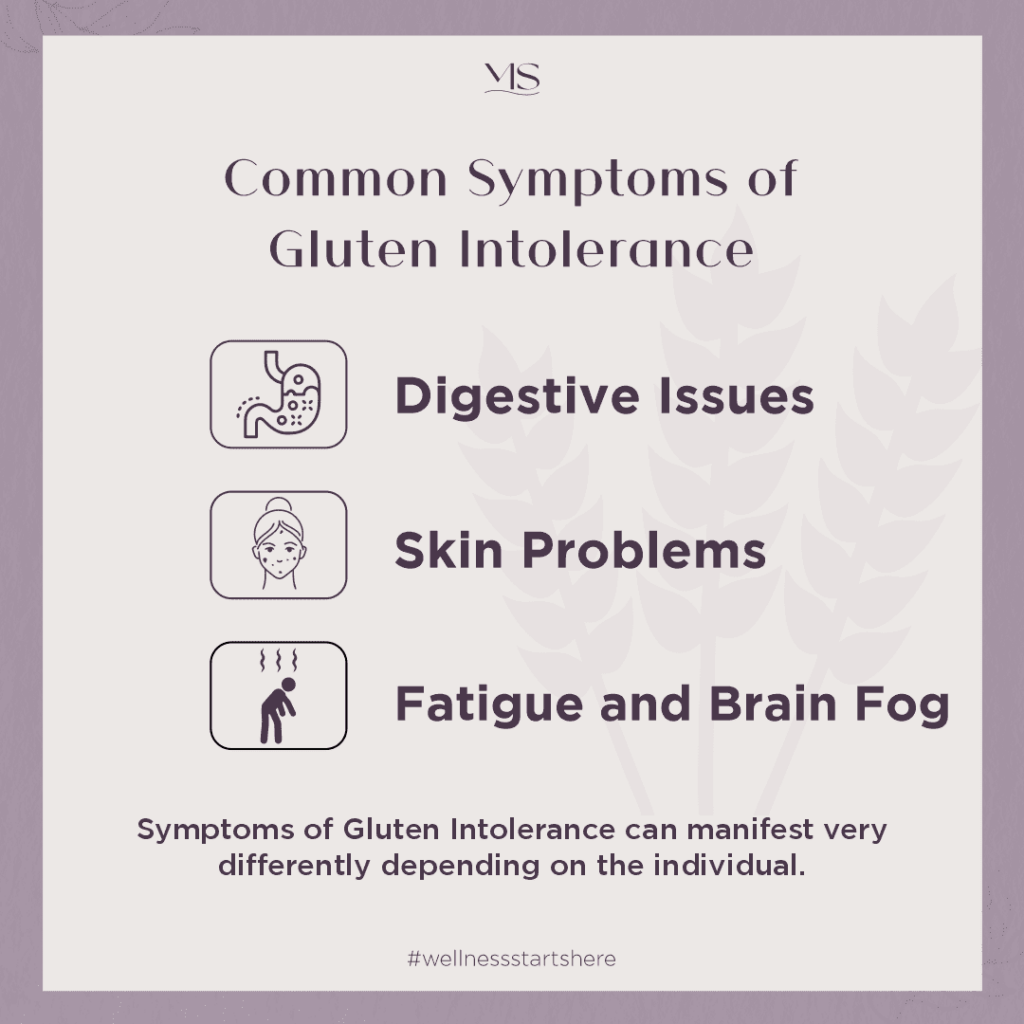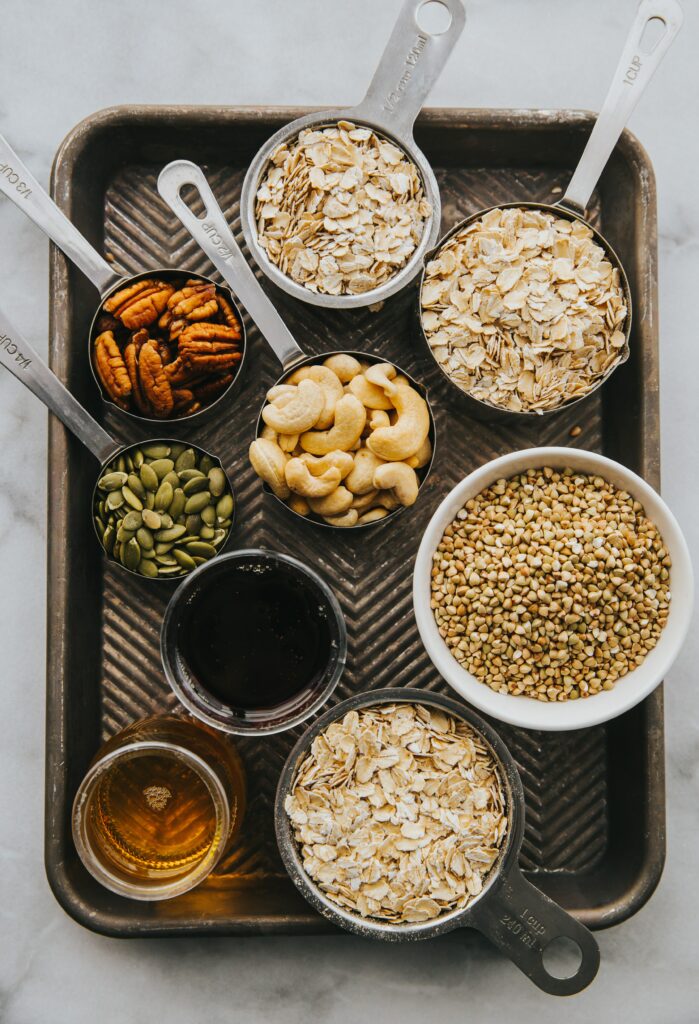by: Dr. Maria Alonso, co-founder and medical director of Maison Santé
Gluten is a protein found in wheat, rye, and barley that provides elasticity to dough. There are many questions about gluten such as what it does for you? Does it make you sick? Is it bad for your health? All of these questions will be answered and more in this article about gluten intolerance.

Food Intolerance vs. Allergy
There is a big difference between a food intolerance and a food allergy. A food intolerance is when your body has difficulty digesting a certain food. This can cause symptoms like nausea, vomiting, diarrhea, and gas. A food allergy happens when your immune system reacts to a protein in a certain food. This can cause symptoms like hives, swelling, trouble breathing, and even death.


If you think you might have a food intolerance, it’s important to see a doctor. They can do tests to see if you are intolerant to any foods. If you have a food allergy, it’s important to carry an Epi-Pen with you at all times. This is a device that injects you with epinephrine, which can help to stop an allergic reaction.
If you suspect that you have a food intolerance or allergy, it’s important to get tested by a doctor. This will help you to figure out which foods you need to avoid and how to keep yourself safe.
Gluten intolerance and Celiac disease
People with gluten intolerance have difficulty digesting gluten. This can cause symptoms such as bloating, diarrhea, constipation, fatigue and headaches. Some people with gluten intolerance also have a condition called celiac disease. Celiac disease is a serious autoimmune disorder that can damage the lining of the intestines and hinder absorption of nutrients.
The best way to manage these conditions is to follow a gluten-free diet. This means avoiding all foods that contain gluten. Preventive medicine specialists in Dubai are with you to help you.
Treatment for Gluten Sensitivity
There are treatments that can help to alleviate symptoms and make this condition easier to manage.
The most important for gluten intolerance is to avoid eating foods that contain gluten. This can be difficult, as gluten is found in many common foods such as bread, pasta, and cereal, as well as ingredient in other not so obvious (soups, sauces etc.). However, there are now many gluten-free options available at most grocery stores which are labeled to be easy to found.

Another treatment for gluten intolerance is to take supplements that help to ease symptoms. There are several different supplements available, and it is important to talk to a doctor or dietitian before taking anything.
Overall, there are several different treatments available for people with gluten intolerance. By avoiding gluten, taking supplements, and following a balanced diet, many people are able to successfully manage their symptoms.
How to Test for Gluten Intolerance and celiac disease
The most common way to test is a blood test, where the presence of IgG antibodies against Gluten is checked.
To test for Celiac disease the most accurate way to do it is a biopsy obtained from a colonoscopy.
Blood test for antibodies is also a possibility, but slightly less accurate. For both test it is required that the person was eating gluten before the tests, otherwise it will show false negative. Traditional Chinese Medicine UAE is always at your service
Conclusion
If you suspect that you may be gluten intolerant or have Celiac disease, it is important to talk to your doctor. They can help you get a diagnosis and put you on the path to better health. In the meantime, paying attention to your symptoms and following these tips can help you identify whether or not gluten is the cause of your problems.

